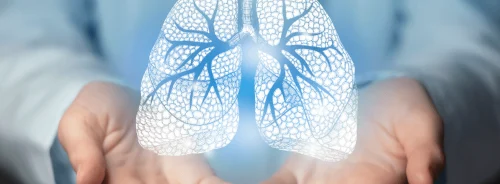HealthManagement, Volume 14, Issue 3 /2012
The APAH (Portuguese Association of Hospital Managers) was founded in 1981, following the creation of a public career for Hospital Managers (HM).
It is important to note that specific training of the Portuguese public hospital managers began in a sustainable way in 1970 with a two years post graduate course much due to the pioneering vision of Coriolano Ferreira, its leader and founder.
Ten years later, in 1980, the Portuguese Government assigned a professional title to Hospital Managers, with a status and a prominent position in the hierarchy of our hospitals, with the creation of the Hospital Manager profession.
The natural corollary of this evolution was thus the APAH, embodying the will of its members to promote the new professional class,and simultaneously create flexibility for their functions, with dignity and prestige in an environment previously dominated exclusively by the medical profession.
The APAH developed its activity with good results. As new professionals left the Escola Nacional de Saúde Pública – ENSP (National School of Public Health) the APAH grew faster and took various initiatives with impact on critical analysis and promotion of health management services issues up until then irrelevant in Portuguese society.
The APAH promoted institutional relations with the most important "players" in the health sector (professional orders, government, pharmaceutical industry, insurance, etc...) and intensified international contacts (study tours in USA, UK or Canada, intensive training in the Mayo Clinic in the USA through an established protocol with the Calouste Gulbenkian Foundation, etc.). The APAH quickly acquired an image of credibility, recognition and prestige, both nationally and abroad.
At this point the Board of APAH decided to integrate into the European Association of Hospital Managers (EAHM). Since 1994, the APAH has been a member, actively participating in its meetings and deliberations. Gaining a growing respect from their European peers the APAH took on increasingly important roles within the EAHM in the mid 90s and in 2002 assumed the presidency for a four-year period. APAH remains a key player in the European association today. In 1999, the APAH organised the EAHM Congress in Lisbon. This successful event included the active presence and sponsorship of His Excellency of the Republic President, Mr. Jorge Sampaio.
One of the key responsibilities and goals of the APAH has always been the defense of professional interests of its members. Between 1981 and 1988 hospital managers consolidated their positions with the emergence of a new career and a legal status in the hospital hierarchy. However, sincethen the situation has changed profoundly. The laws and regulations of hospital management changed, removing guarantees to hospital managers and opening the opportunity to professionals and managers from other areas without training in the healthcare sector. Simultaneously there was an orchestrated process to discredit the hospital managers, their training and the ENSP through ideological disputes.
The APAH and its leaders had to develop a focused activity in defence of the profession and the status of its professionals, often assuming public positions of confrontation against the political power. This situation strengthened unity among members and encouraged a public image of independence, competence and prestige of the association and its members.
In 2002 there were significant political changes in the organisational models of hospitals and in human resource policy, which deepened the rift between the career of hospital managers (already virtually inoperative) and hospital reality. Now, the APAH faces very difficult times, unable to mobilise professionals to common causes and confronted with an inappropriate statute to the new reality.
Therefore it is time to rethink its future, reanalysing its foundations, its setting and its range, following the example of the some European countries where the associative genesis was completely different from ours, more focused on the exercise than on the training. But this requires deep reflection, sensitivity and dedication. The question is: Who is willing to face this challenge?





